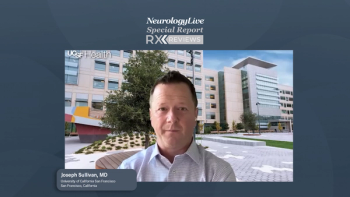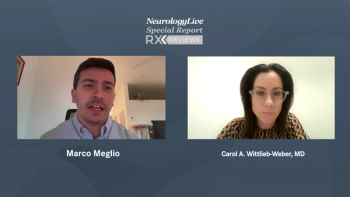
An Overview on The Root Causes of Duchenne Muscular Dystrophy
A panelist discusses how DMD is caused genetically through mutations in the dystrophin gene, with approximately one-third of cases arising from spontaneous new mutations rather than inherited from carrier parents.
Episodes in this series

Clinical Brief: Genetic Foundations and Diagnostic Approaches in DMD
Main Discussion Topics
- DMD results from mutations in the dystrophin gene, the largest known human gene
- Approximately one-third of cases arise from spontaneous new mutations
- Two primary mutation categories: those preventing dystrophin production (DMD) and those allowing partial function (BMD)
- Diagnostic approaches include genetic sequencing and muscle biopsy for protein assessment
Key Points for Physicians
- Modern genetic sequencing has largely replaced PCR methods for mutation identification
- Genetic testing alone cannot always reliably predict disease progression
- Muscle biopsy can provide valuable information about dystrophin quantity and quality
- Genotype-phenotype correlation is imperfect; some patients progress differently than predicted
Notable Insights
The expert emphasizes the unpredictable relationship between specific mutations and clinical presentation. Some patients expected to develop milder Becker phenotype may present with more severe Duchenne features, while others with apparent DMD mutations may have unexpectedly milder progression.
Clinical Significance
Comprehensive diagnostic evaluation combining genetic mutation identification with functional protein assessment provides the most accurate basis for prognosis and therapeutic planning in dystrophinopathies.
Newsletter
Keep your finger on the pulse of neurology—subscribe to NeurologyLive for expert interviews, new data, and breakthrough treatment updates.











